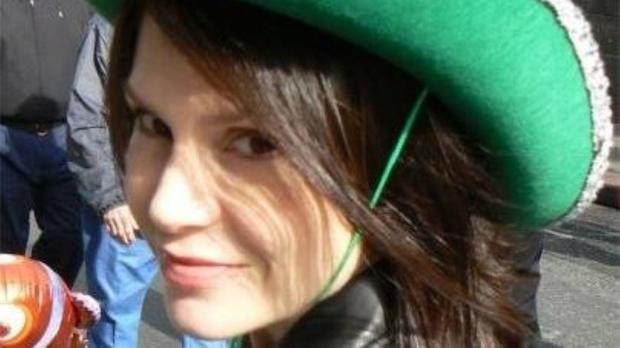
Hypochlorous acid is the latest skin care ingredient making waves on social media, with users claiming that spraying it on your face can help with acne and other issues — but is it true?
While more research is needed to know its exact efficacy for acne, dermatolgists say hypochlorous acid does have antimicrobial and anti-inflammotary properties that can be useful for a range of skin concerns.
“It’s not an official treatment that we use for acne per se, but a lot of people will report that their acne gets better while using it,” says Dr. Afton Cobb, a dermatologist with Advanced Dermatology and Cosmetic Surgery in Jackson, Wyoming.
What exactly is it? Hypochlorous acid is a compound that is naturally occurring in our bodies, experts says.
“Our immune system uses it to fight off viruses and fungi and bacteria,” Cobb explains. “It has antimicrobial properties, and that’s why we lose use it for a lot of things in dermatology.”
We may be seeing it pop up more now after it gained popularity as a disinfectant and antiviral during the pandemic, says Dr. Sheilagh Maguiness, a dermatologist and president of Society for Pediatric Dermatology.
“That’s the time when we saw people using it more and developing better techniques to make it,” she says, but adds it was used for years even pre-pandemic as a spray for “eyelid blepharitis and dermatitis for people who got recurrent styes from wearing contact lenses.”
Part of the appeal is its reputation for safety— even for young people.
“It is so safe, non-toxic and very well tolerated on the skin,” Maguiness says.
Hypochlorous acid can also be used to help with body odor, rosacea and seborrheic dermatitis, a skin condition that often affects the scalp.
“Part of why that works is because it works to fight some of the organisms that can cause those conditions,” Cobb explains. “It also has anti-inflammatory properties and anti-itch properties, so that’s another reason why it can help with people who have atopic dermatitis or eczema.”
One more perk? It’s packaged in portable spray bottles, which likely boosts its popularity among on-the-go teens and athletes.
“I see so many uses for it,” Maguiness says. “After the gym, after sweating, they can use it just to gently spray on their face and boom, they’ve cleansed (and) haven’t needed a sink.”
It’s also commonly used as a wound cleanser, Maguiness adds, saying she personally keeps it in her first aid kit to clean cuts and scrapes.
Cobb agrees hypochlorous acid is a “nice, gentle way to clean a wound and reduce some of that bacterial load.”
“Dermatologists prefer something like that over hydrogen peroxide, because hydrogen peroxide can slow down wound healing,” she says.

